 The Italian physicists Gianluigi Fogli, former professor of theoretical physics at the University of Bari, and Eligio Lisi, head of research at the INFN Bari Section, have been awarded the prestigious international 2017 Bruno Pontecorvo Prize, awarded annually by the Joint Institute for Nuclear Research (JINR) of Dubna. The award ceremony will take place in Dubna next September. The jury of the prize, chaired by Alexander Olshevskiy and consisting of Samoil Bilenky (2002 Pontecorvo Prize winner), Luciano Maiani (2014 Pontecorvo Prize winner), Arthur McDonald (2004 Pontecorvo Prize winner and 2015 Nobel Prize winner) and Yoichiro Suzuki (2010 Pontecorvo Prize winner), awarded the prize to Gianluigi Fogli and Eligio Lisi “for their pioneering contribution to the development of global analysis of neutrino oscillation data from different experiments”. The award-winning results of Fogli and Lisi cover more than two decades of theoretical and phenomenological research, aimed at analysing in detail the phenomena of neutrino oscillation in an increasingly wide range of experimental data (solar, atmospheric, reactor, accelerator neutrinos, etc.). This analysis made it possible to determine certain parameters of the so-called Pontecorvo-Maki-Nakagawa-Sakata (PMNS) matrix with increasing accuracy and to estimate others still unknown. One of the major results obtained concerns the first estimate of the smallest element of the PMNS matrix (the theta-13 corner) a few years before its experimental discovery, which took place in the period 2011-2012, subject of the previous 2016 Pontecorvo Prize.
The Italian physicists Gianluigi Fogli, former professor of theoretical physics at the University of Bari, and Eligio Lisi, head of research at the INFN Bari Section, have been awarded the prestigious international 2017 Bruno Pontecorvo Prize, awarded annually by the Joint Institute for Nuclear Research (JINR) of Dubna. The award ceremony will take place in Dubna next September. The jury of the prize, chaired by Alexander Olshevskiy and consisting of Samoil Bilenky (2002 Pontecorvo Prize winner), Luciano Maiani (2014 Pontecorvo Prize winner), Arthur McDonald (2004 Pontecorvo Prize winner and 2015 Nobel Prize winner) and Yoichiro Suzuki (2010 Pontecorvo Prize winner), awarded the prize to Gianluigi Fogli and Eligio Lisi “for their pioneering contribution to the development of global analysis of neutrino oscillation data from different experiments”. The award-winning results of Fogli and Lisi cover more than two decades of theoretical and phenomenological research, aimed at analysing in detail the phenomena of neutrino oscillation in an increasingly wide range of experimental data (solar, atmospheric, reactor, accelerator neutrinos, etc.). This analysis made it possible to determine certain parameters of the so-called Pontecorvo-Maki-Nakagawa-Sakata (PMNS) matrix with increasing accuracy and to estimate others still unknown. One of the major results obtained concerns the first estimate of the smallest element of the PMNS matrix (the theta-13 corner) a few years before its experimental discovery, which took place in the period 2011-2012, subject of the previous 2016 Pontecorvo Prize.
You might also be interested in

EuPRAXIA chooses ELI Beamlines as second site for laser-driven accelerator
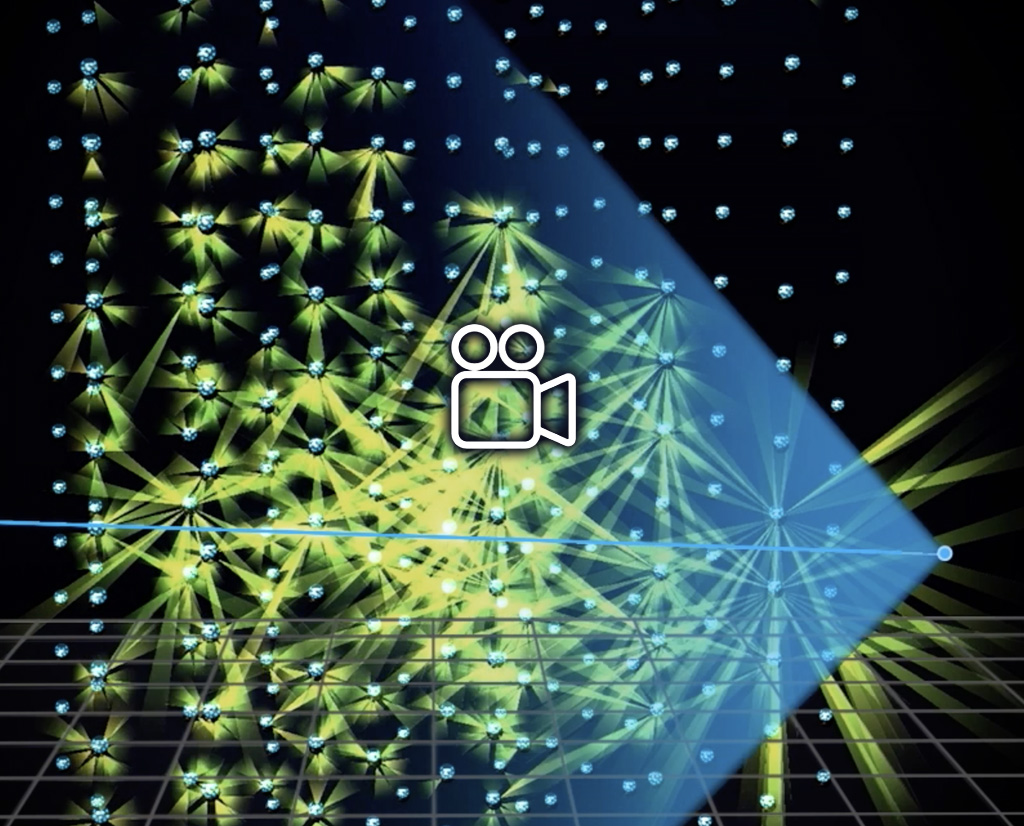
The record neutrino observed by KM3NeT
07 February 2025
Read more The record neutrino observed by KM3NeT
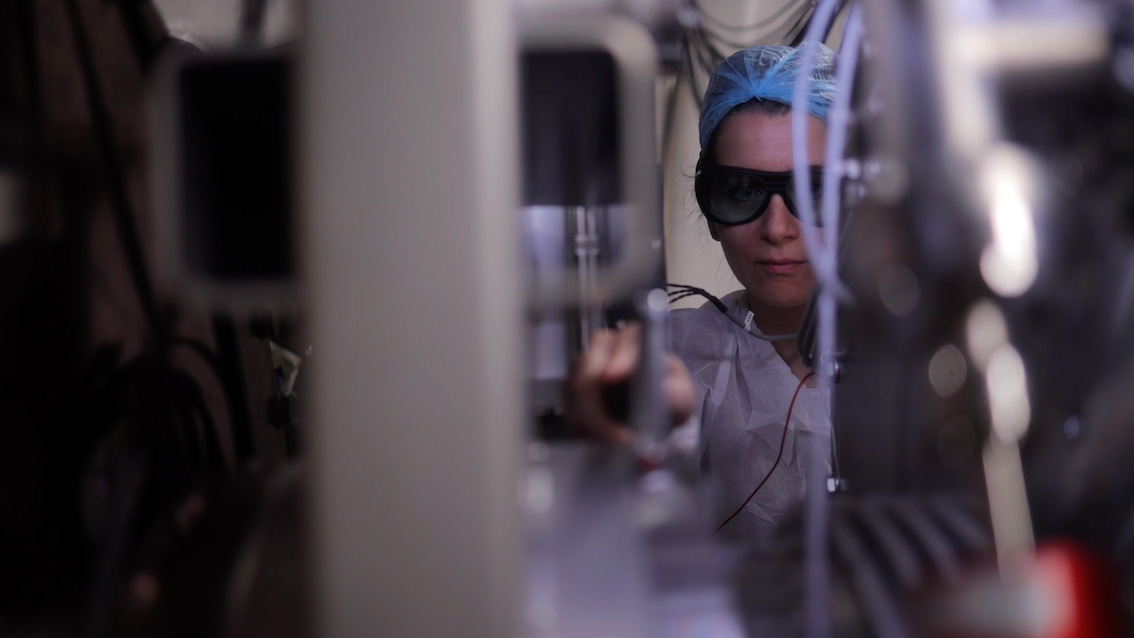
INFN celebrates the STEM WEEK and the International Day of Women and Girl in Science 2025
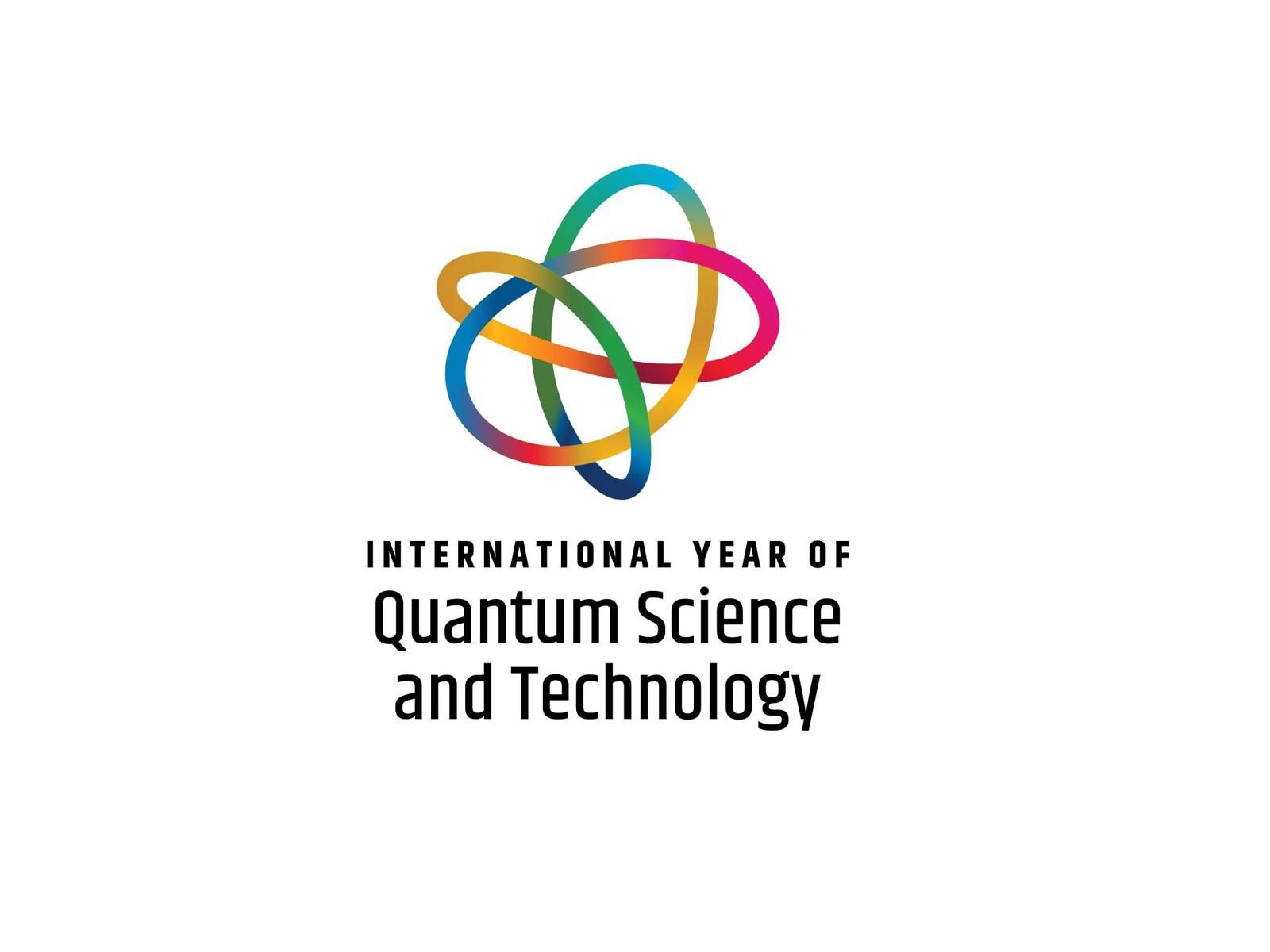
International Year of Quantum Science and Technology, 2025
03 February 2025
Read more International Year of Quantum Science and Technology, 2025
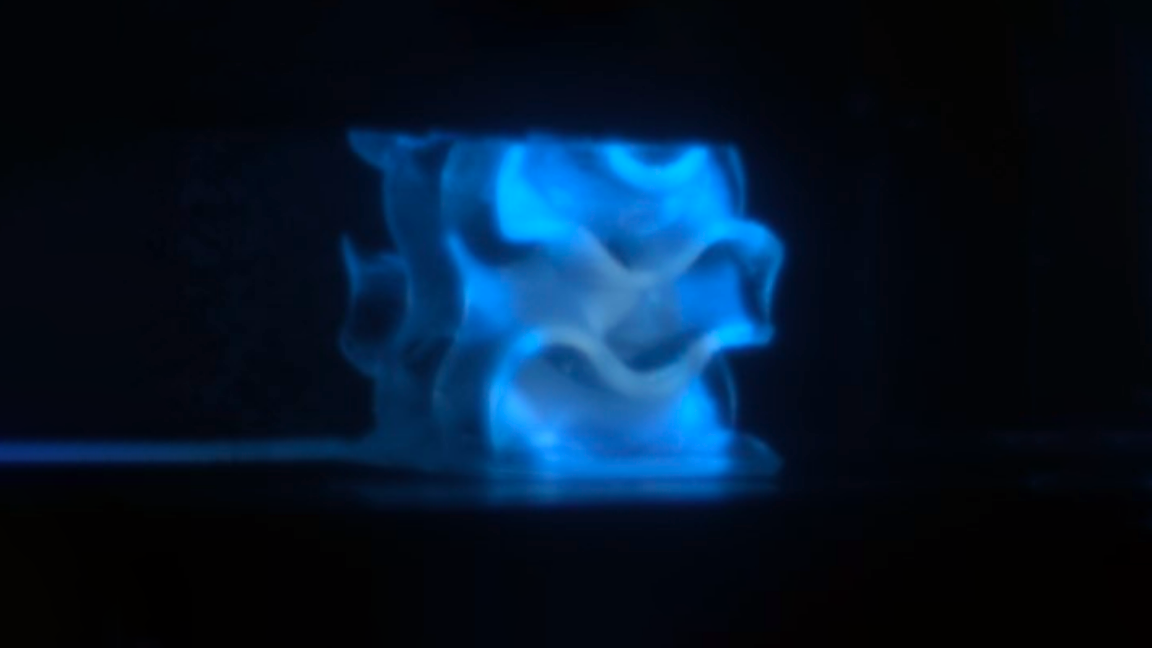
A new generation of plastic scintillators thanks to 3d printing
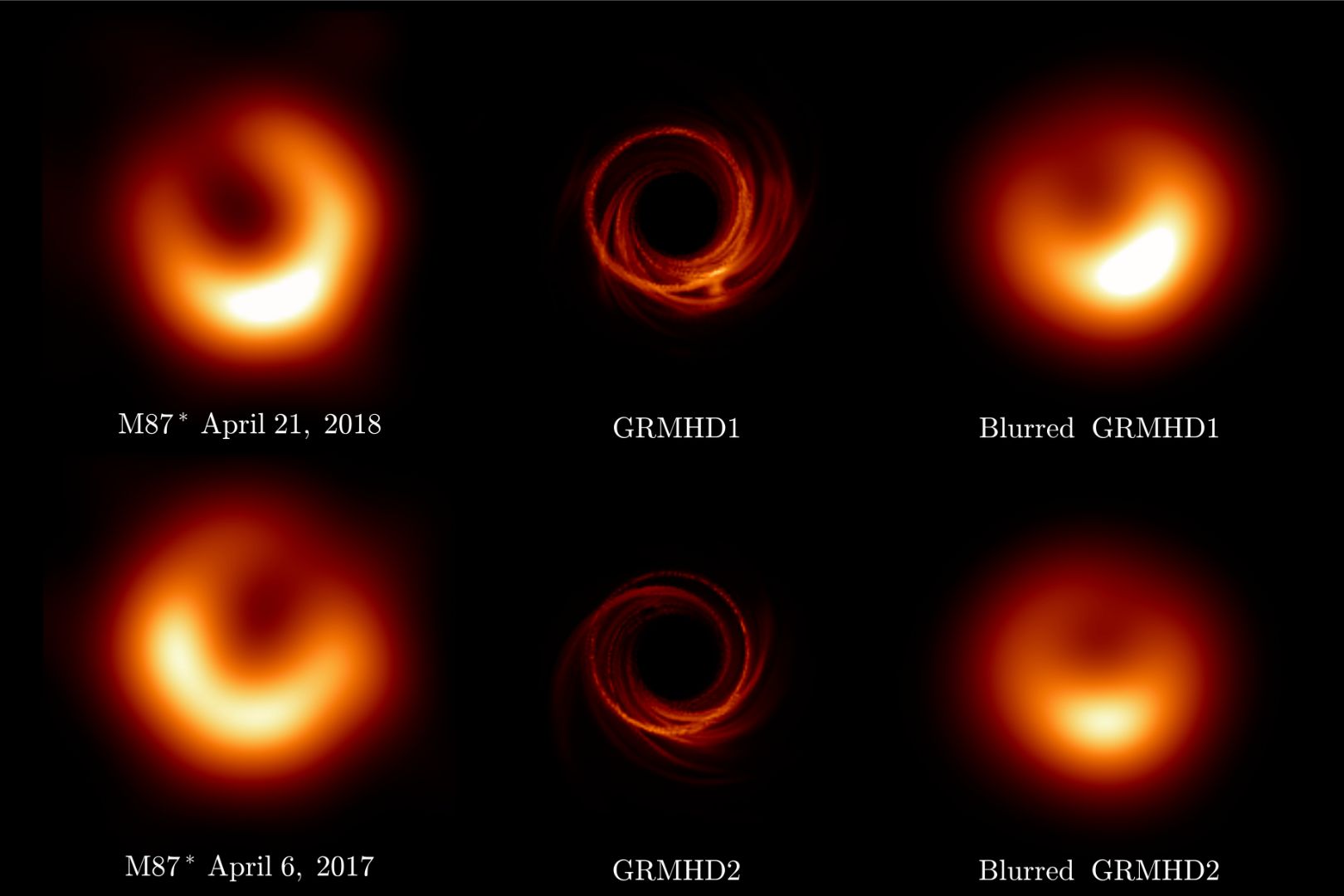
Capturing the accretion flow of M87* black hole
22 January 2025
Read more Capturing the accretion flow of M87* black hole